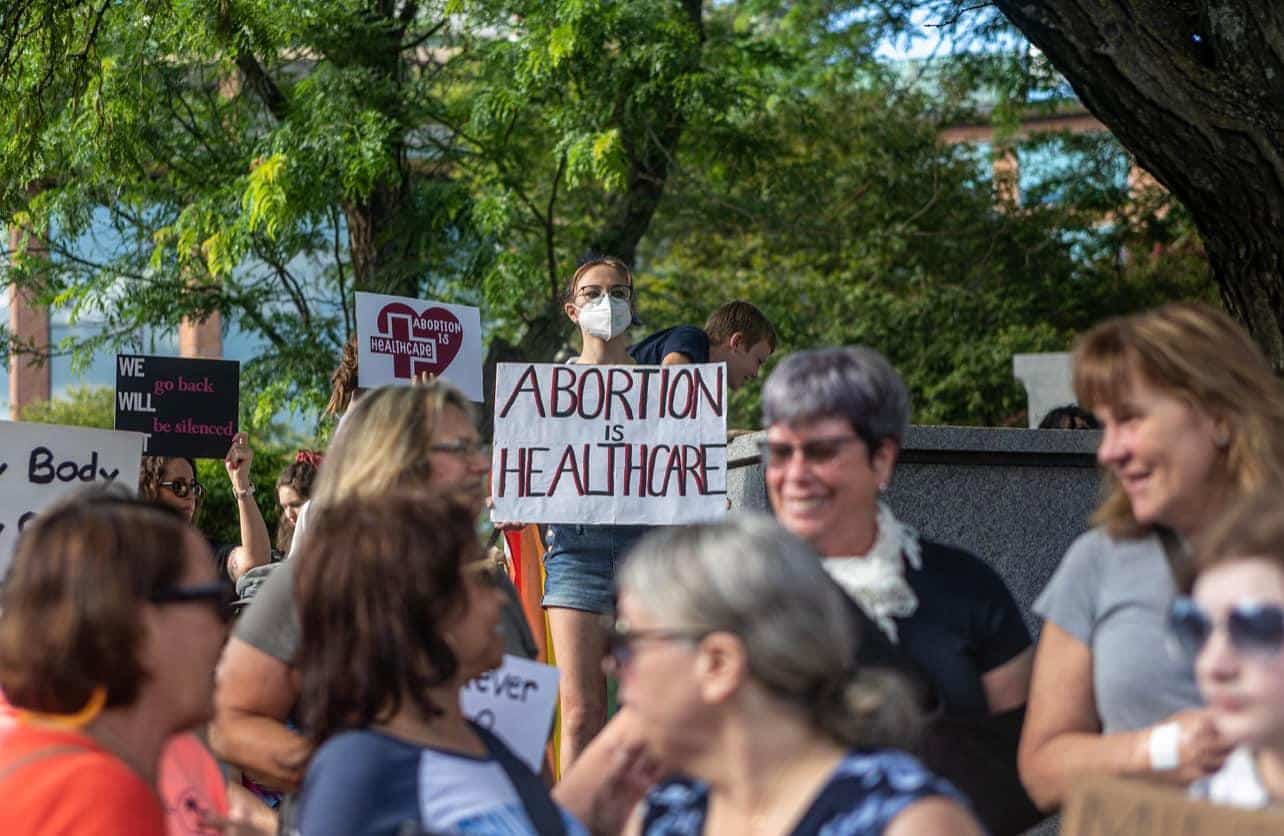When he was campaigning for governor last year, Josh Shapiro championed reproductive health, vowing to keep abortion legal, safe, and accessible in Pennsylvania if elected.
And in his first week in office, the 49-year-old Democratic governor prioritized meeting with Planned Parenthood Pennsylvania Advocates, the political arm of the reproductive care organization, and its three affiliates in the commonwealth to discuss abortion care and expanding access to reproductive and sexual health care.
“We believe with a champion for reproductive health care in the governor’s mansion, we can build a future where every Pennsylvanian can access the care they need,” Signe Espinoza, executive director of Planned Parenthood Pennsylvania Advocates, said in a statement on Thursday.
Planned Parenthood Pennsylvania Advocates endorsed Shapiro early in the governor’s race. The stakes in the race increased when the U.S. Supreme Court stripped away federal constitutional protections for abortion, giving states authority over abortion and its legality.
Shapiro echoed former Gov. Tom Wolf’s promise to protect abortion access and veto any legislation to restrict or outlaw the procedure during a series of press calls earlier this year.
Planned Parenthood Advocates said it discussed improving access for patients — regardless of their financial situation — removing limitations and hurdles for care providers, holding state-funded crisis pregnancy centers for misinformation, and waiving some testing requirements for patients.
Current law in Pennsylvania makes abortion legal up to 24 weeks of pregnancy unless it’s being sought based on the sex of the fetus. Later exceptions can be made for extraordinary circumstances, including when the health of the person giving birth is at risk.
The Abortion Control Act also requires providers to offer informed consent — an agreement that a patient signs permitting an abortion after hearing about possible risks — before performing the procedure.
“This morning for one of my first meetings as governor, I was joined by representatives of Planned Parenthood,” Shapiro said in a tweet to showcase the discussion. “Your freedom to choose is safe in Pennsylvania.”
The newly sworn-in governor has not outlined plans for expanding abortion access in Pennsylvania, telling reporters in June that revising existing law would require a Democratic-controlled Legislature.
“We’ll cross that bridge when we come to it. What we now know is that we are in a position where bill after bill taking away these fundamental freedoms is making its way to Gov. Wolf’s desk and likely [making] its way to my desk,” Shapiro said hours after the U.S. Supreme Court overturned Roe v. Wade.
An administration spokesperson did not respond to a request for comment asking what specific reproductive health policies Shapiro supports, including expanding abortion access beyond existing state law.
Wolf vetoed three bills — including proposals that would make abortion illegal at 20 weeks of pregnancy, ban abortion after a Down syndrome diagnosis, and outlaw abortions obtained through telemedicine — sent to his desk by the Republican-controlled General Assembly.
State Rep. Stephanie Borowicz, R-Clinton, re-introduced legislation banning abortion once fetal cardiac activity is detected. This proposal, should it reach Shapiro’s desk, is likely to be met with a veto.
Republicans in the Legislature have adopted a strategy to side-step a gubernatorial veto, and that’s with constitutional amendments, a lengthy and costly process that lets voters decide whether to amend the state’s governing document.
Last year, the General Assembly — with support from some Democrats — passed a five-part constitutional amendment package that included language amending the state Constitution to declare “no constitutional right to taxpayer-funded abortion or other right relating to abortion.”
Though that specific language is missing from an amendment package introduced and passed by the Senate so far this session, Democrats have argued that a provision expanding legislature authority over regulation disapproval could affect abortion policies in the state.
Pennsylvania Capital-Star is part of States Newsroom, a network of news bureaus supported by grants and a coalition of donors as a 501c(3) public charity. Pennsylvania Capital-Star maintains editorial independence. Contact Editor John Micek for questions: info@penncapital-star.com. Follow Pennsylvania Capital-Star on Facebook and Twitter.






